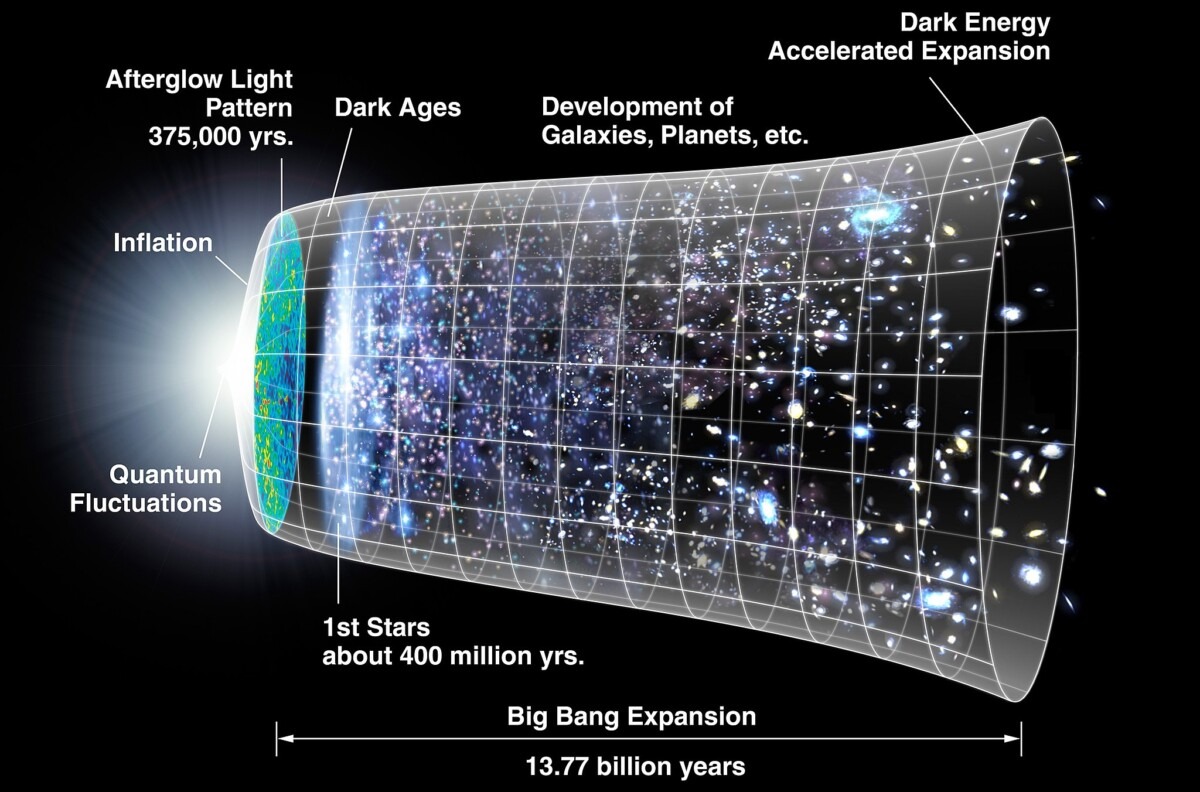Big Bang Expansion
Immediately following the state of the singularity, the universe entered a phase of rapid expansion and cooling, known as the Big Bang Expansion. This critical period signifies not an explosion in space but the very expansion of space itself, from an incomprehensibly dense point known as a singularity. For more, check out: The Expanding Universe […]
Big Bang Expansion Read More »


